CRN Exclusive: HP CEO Weisler On Luring Partners From Competitors, The Huge Device-As-A-Service Shift And HP's Most 'Underappreciated' Product
Dion Weisler sat down to discuss growth in the PC and print markets, the importance of HP's security innovations and the opportunities around 3-D printing during the HP Executive Forum in Las Vegas.

Weisler On The Record
HP Inc. has pulled off a feat in the past two and a half years. With the split of HP and Hewlett Packard Enterprise into two separate companies, Palo Alto, Calif.-based HP Inc. took the PC and print markets, left for dead by many industry pundits, and "dragged these categories back into growth," HP CEO Dion Weisler told CRN in an exclusive interview. HP now has four consecutive quarters of growth in both its PC and printer businesses under its belt, with five straight quarters of double-digit growth in its PC business.
Weisler sat down with CRN at HP's Executive Forum 2018 event in Las Vegas, along with Christoph Schell, president for the Americas business at HP, to discuss the success so far and the coming waves of technology that HP is counting on to drive growth into the future. Among HP's biggest assets are being "well ahead of our competitors" on security for PCs and printers, major innovations in 3-D printing, a trailblazing Device-as-a-Service business and a commitment to channel partners that competitors can't match, the executives said.
"We are a dependable channel, and I wouldn't say that is true necessarily for all of our competitors," Weisler said. "We play our game -- we're not playing anyone else's game."
What follows is a portion of CRN's conversation with Weisler and Schell.

What's your strategy for continuing the growth into the foreseeable future?
Weisler:

But as you've said before, focusing on the core business is not enough to continue the growth longer term?
Weisler:
And the graphics business, which is really important to us. It enables customers to have a much more personal relationship with the end customer. … And then Everything-as-a-Service, Device-as-a-Service, 3-D Print-as-a-Service -- everything will be delivered as a service.
But I would argue that those natural adjacencies are not enough into the long term. So what is the thesis, five to 10 years out? 3-D printing fits into the core-growth-future. So if you go and talk to different parts of the business, with all of their portfolios they'll be able to articulate core-growth-future and what they're doing.
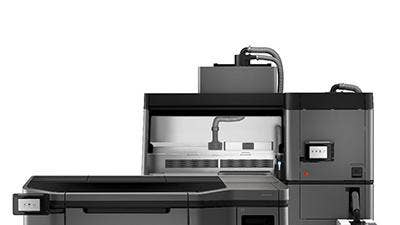
Five years down the road, are we going to be talking about 3-D print and commercial VR driving HP's growth?
Weisler:
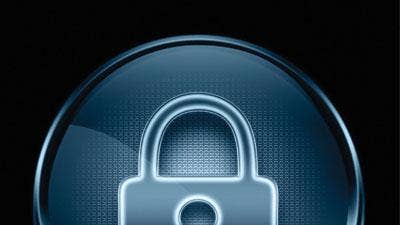
Do you see security as your biggest differentiator in print and PC from your competitors?
Weisler:

But your message does seem to be that this type of security isn't something that the other PC makers are offering?
Weisler:

Is there one thing that still isn't understood about HP -- that people aren't quite recognizing HP for?
Weisler:
I don't think the market really yet understands the power of 3-D print, the way we see it. And that's fair enough, because there's not yet enough proof points out there, and not enough momentum yet. We've only been in the business for about 18 months. But I think it's an underappreciated, massively disruptive technology that has an enormous amount of headroom.
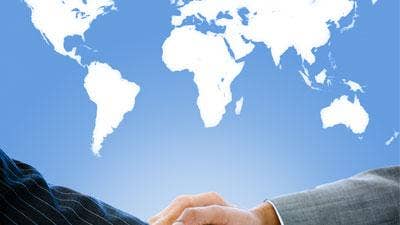
Do you see evidence that channel partners are increasingly switching to HP from competitors?
Weisler: Absolutely. Given that we have 87 percent of our business through the channel, and our results demonstrate that we're growing double digits on double digits, the only mathematical conclusion that you can come to is that the answer is yes. We're growing faster than all of our competitors -- we have been doing it consistently. We are dependable. We are predictable. We're transparent. We tell them where we're going, and we give them the option of whether they want to come on the journey with us. And then we listen to them, and we fine-tune. I think of it like a yacht race. You've got a starting point, and you've got an idea of where the finish point is, but the wind is going to change, and boats will cut in front of you. That's the competitive landscape. And our job is to tack toward the finish line. It might not be at that point, but as long as we cross this line within these boundaries, we're going to win together with them. And I think mathematically the numbers speak for themselves. And we are a dependable channel, and I wouldn't say that is true necessarily for all of our competitors. But again, we play our game -- we're not playing anyone else's game.

How imperative is Device-as-a-Service? Are there any risks if it doesn't take off the way you're expecting?
Weisler:

What are some signs you can point to around the momentum for as-a-service?
Schell: For proof points, you look at the printing business, for example. For this A3 category in the U.S., it is 90 percent on a managed service. Nobody transacts an A3 device. You look at Instant Ink -- the service we have is a subscription-based service for consumers on ink replenishment; they have retention rates of 97 percent. So it really resonates with customers. I think when you look at the growth we had last quarter in the U.S., on [managed print services] and DaaS together, it's significant growth. And so the funnel size we have right now in the U.S. is over a billion dollars. It resonates -- it's just a question of how do you connect all the dots, how do you really automate it, and how do you make it seamless for our customers? We don't go to market exclusively in a direct motion. We go to market through partners, and this is a partner landscape that has learned to sell with us in a transactional model. Now it is a contractual model. And they need to evolve. They need to learn how to deal with the data that they get back, they need to have not only sales coverage but also service coverage. ... There's a lot of transformation going on, but I'm absolutely convinced it will happen. I don't think it's a question of if, it's a question of when.
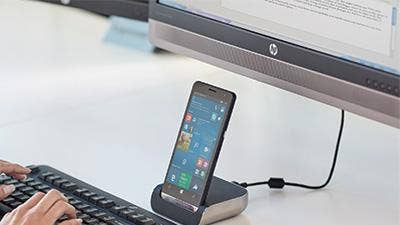
And as-a-service is applicable to smaller businesses too?
Weisler:
Schell: For traditional channel partners in the commercial and enterprise space, I do actually believe that there's a bit of a risk if they don't evolve because they will be squeezed between two phenomenons that we see happening. On the one hand, we have an omni-channel phenomenon. ... That is a capability that a traditional partner doesn't have. Then you have another extreme, which are system integrators. And they deliver outcomes to enterprises, to companies, and [they'll] just integrate whatever a traditional channel partner is doing today. So the partners have to evolve -- they cannot just continue doing what has made them successful in the past because it will not make them successful going forward.
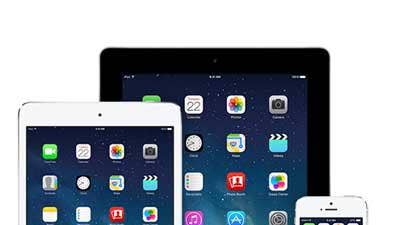
Since Apple is a top competitor, tell me about the move to resell Apple devices as part of your Device-as-a-Service program.
Weisler:
Schell: It's refreshing to be able to go to a customer and say, 'It doesn't matter what your OS install base is, we can fit it under our Device-as-a-Service umbrella.' That's a very powerful message.

You've said that you expect the percentage of sales through the channel to increase beyond what it is already -- what will that mean in practice?
Weisler:
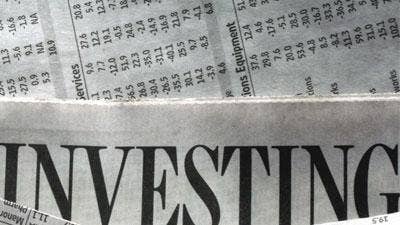
If you were suggesting areas for partners to invest in beyond the typical areas they've been working with you on, what would you say to those partners?
Schell: We do believe the adjacencies we have for growth are opportunities for our partners to invest with us. Not everybody has to do everything, but I think it's important for them to listen to us, and us to listen to them, as we fine-tune. I will tell you there's a couple of things that we fine-tuned this week on feedback that we've gotten already. So working together hand-in-glove is super important. And they don't need to mirror our strategy, that's not required, but I think they need to understand our strategy in order to give us feedback and help us evolve -- and we'll help them evolve as well. For me, Everything-as-a-Service is more than just a headline -- it's a real change that's happening in the marketplace at a consumer level, at a commercial level, at an enterprise level. And I feel a certain paranoia that we need to help our partners to get there.
Weisler: